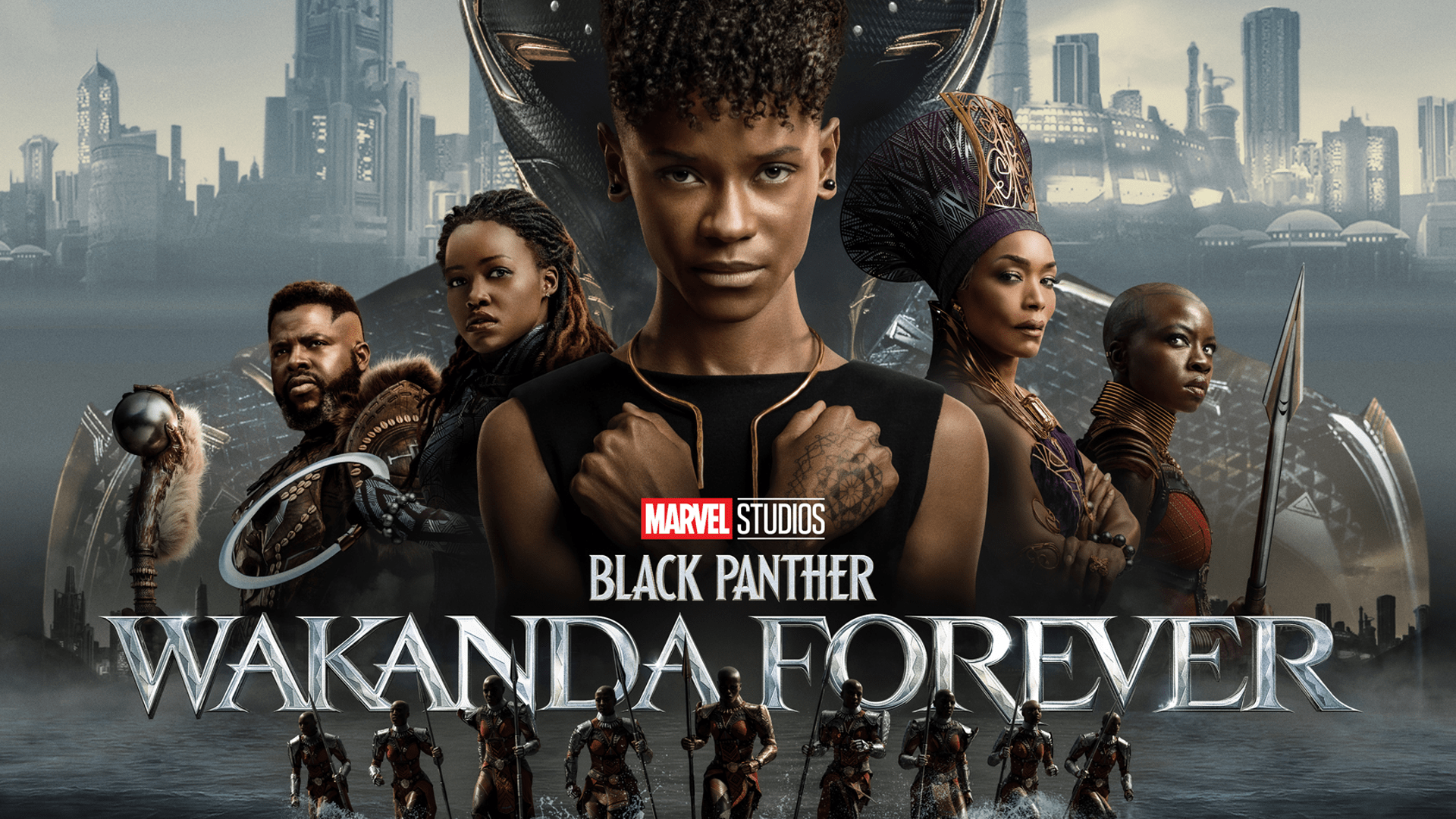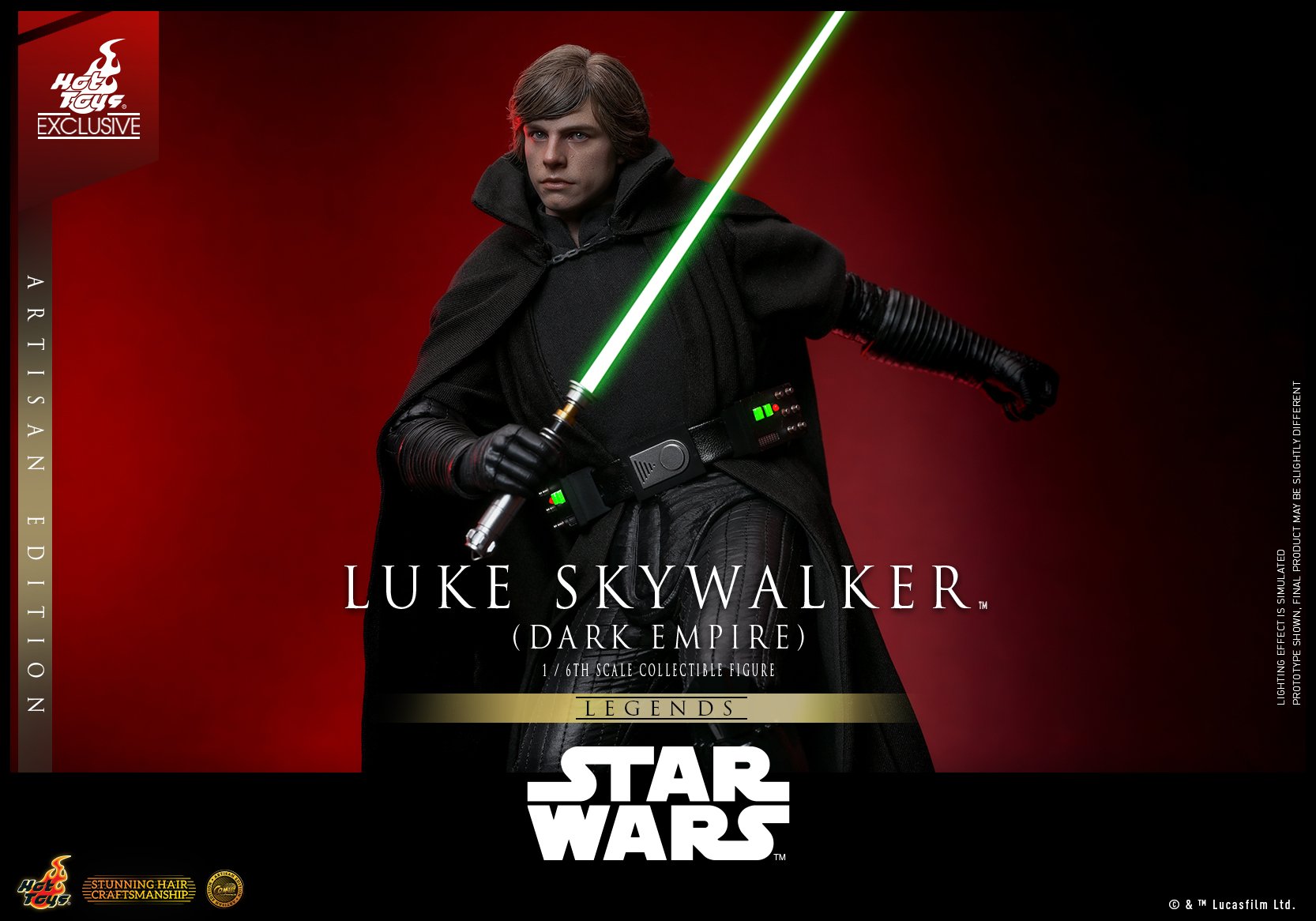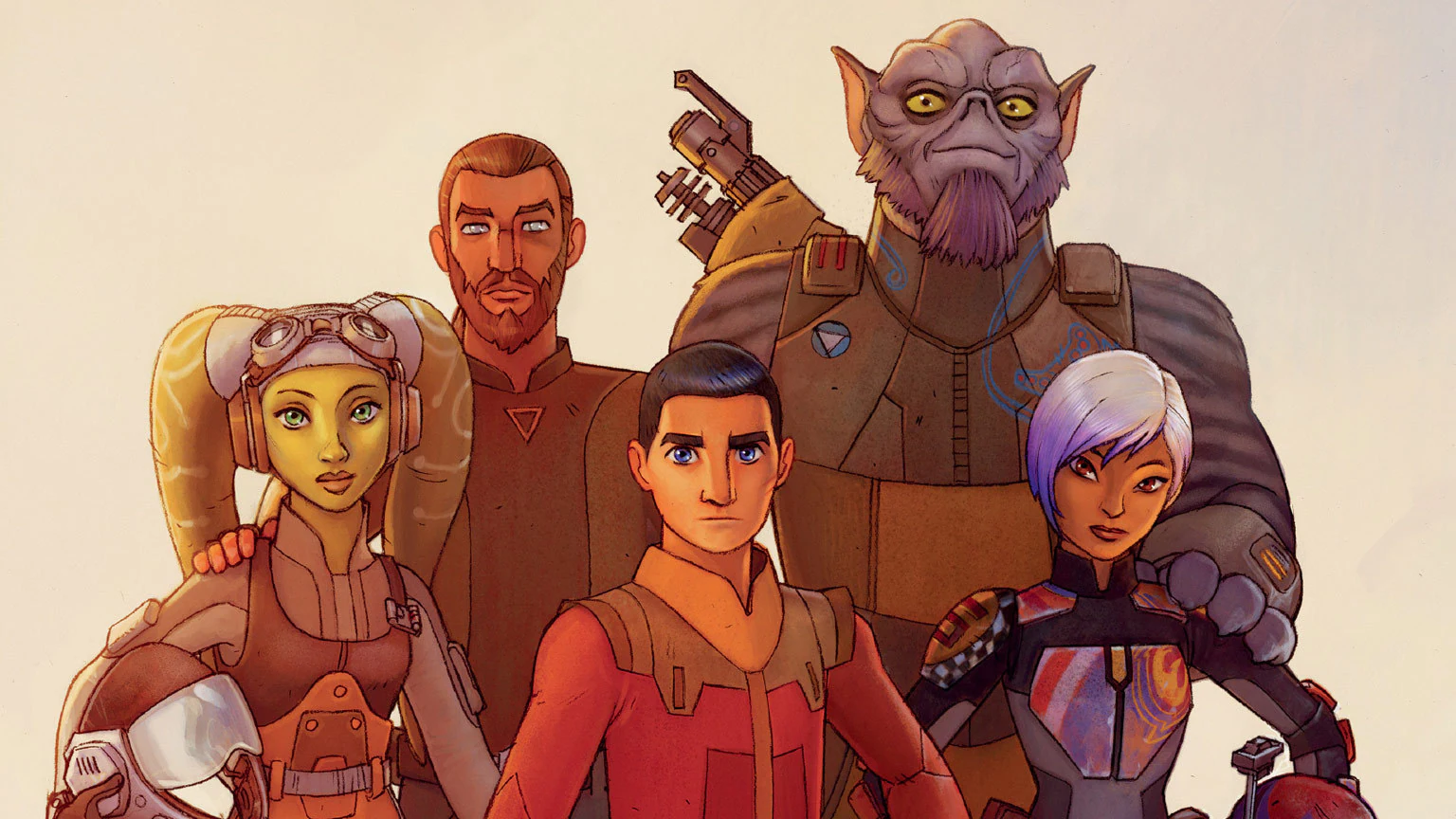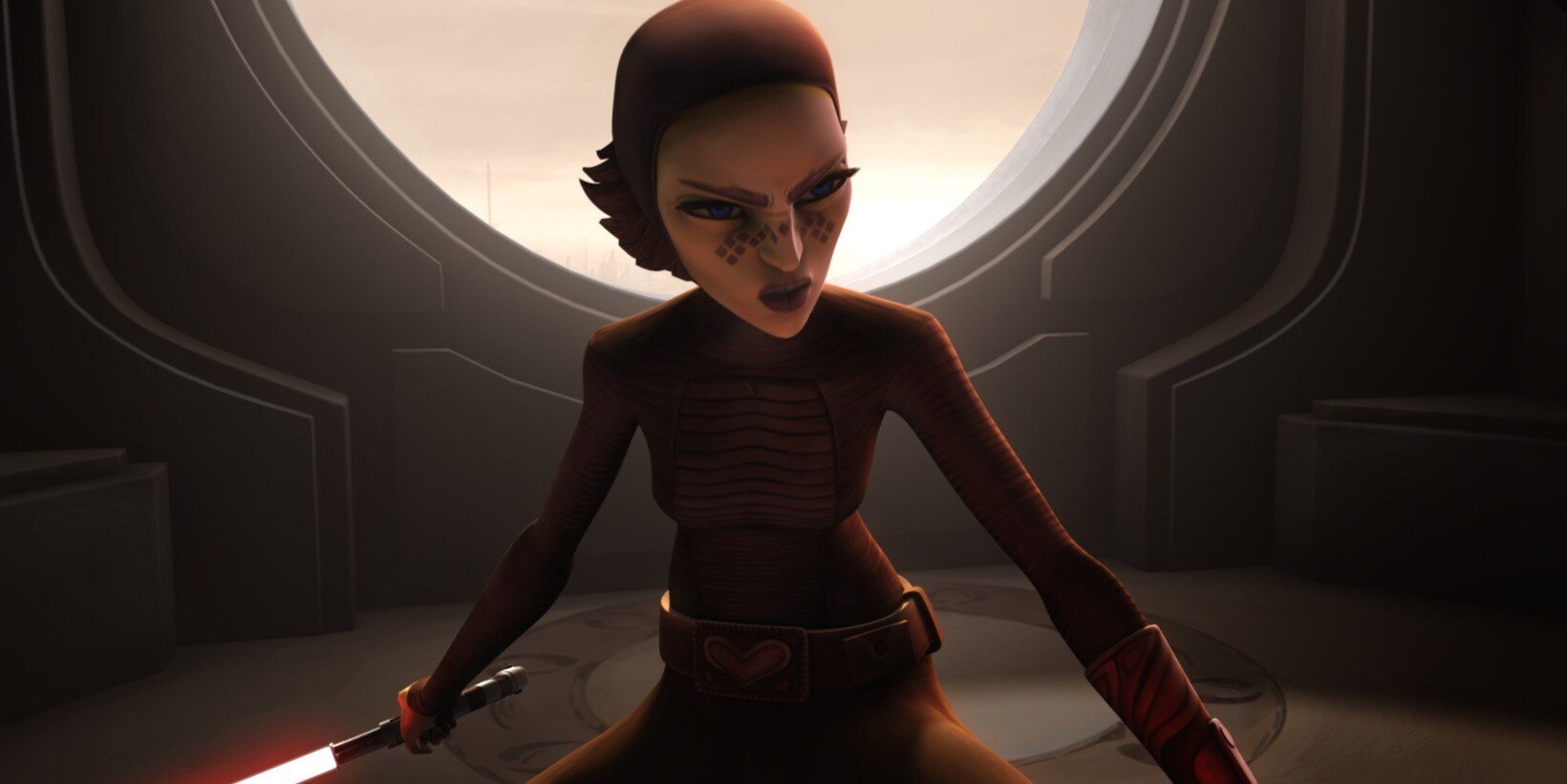‘Black Panther: Wakanda Forever’ Spoiler Discussion
Black Panther: Wakanda Forever is a movie that does not exist in a vacuum. Watching it without context is almost impossible, and that has nothing to do with the fact that it is part of the larger MCU or that it is the sequel to the 2018 hit film. Even though it had been drafted by August 2020, the untimely passing of Chadwick Boseman reshaped the movie completely into what is now available in theaters.
Spoilers ahead for Black Panther: Wakanda Forever
It is nothing short of a miracle that this movie exists, given the tragic circumstances surrounding it, and the pain its creators had to endure to get it out into the world. It is definitely one of the most difficult films I’ve ever reviewed, because it is almost impossible to separate the catharsis that it must have been for Ryan Coogler and his team to make this movie, and how it ultimately affected me. At the end of the day, Wakanda Forever is a $250 million therapy session for everyone involved, trying to cope with the loss of their friend. Many of the lines that the characters read while talking about T’Challa’s passing came straight from Coogler’s heart, and were then played by the actors with next to no effort, because they all felt that way about Boseman. In a not-even-subtle way, characters straight-up say that they don’t understand why their King was taken from them, the same way the actors are still trying to cope with the fact that the friend is gone. They all wish they had done more, for whatever that’s worth. The tears shed in the movie are real ones, and I imagine they were not the only ones on set.
I could sit here, from the comfort of my own home, and say that the movie is a bit too long. That it takes almost 50 minutes to get the ball rolling, and the plot barely stands on its own. But that’s me as an audience member, judging. I was never bored, but to some extent, there is some disconnect between the filmmaker and the audience about the mourning of our hero. Is it fair for me to say that Coogler should have made the movie a bit tighter, to then allow the third act more breathing room, if the director considers that this is what he needed to say farewell to his friend through his art? To some level it even makes me question the nature of film discussion, and what it brings to the table. I fully believe these are extraordinary circumstances, and that Coogler is allowed some leeway to make whatever he feels will honor his friend.
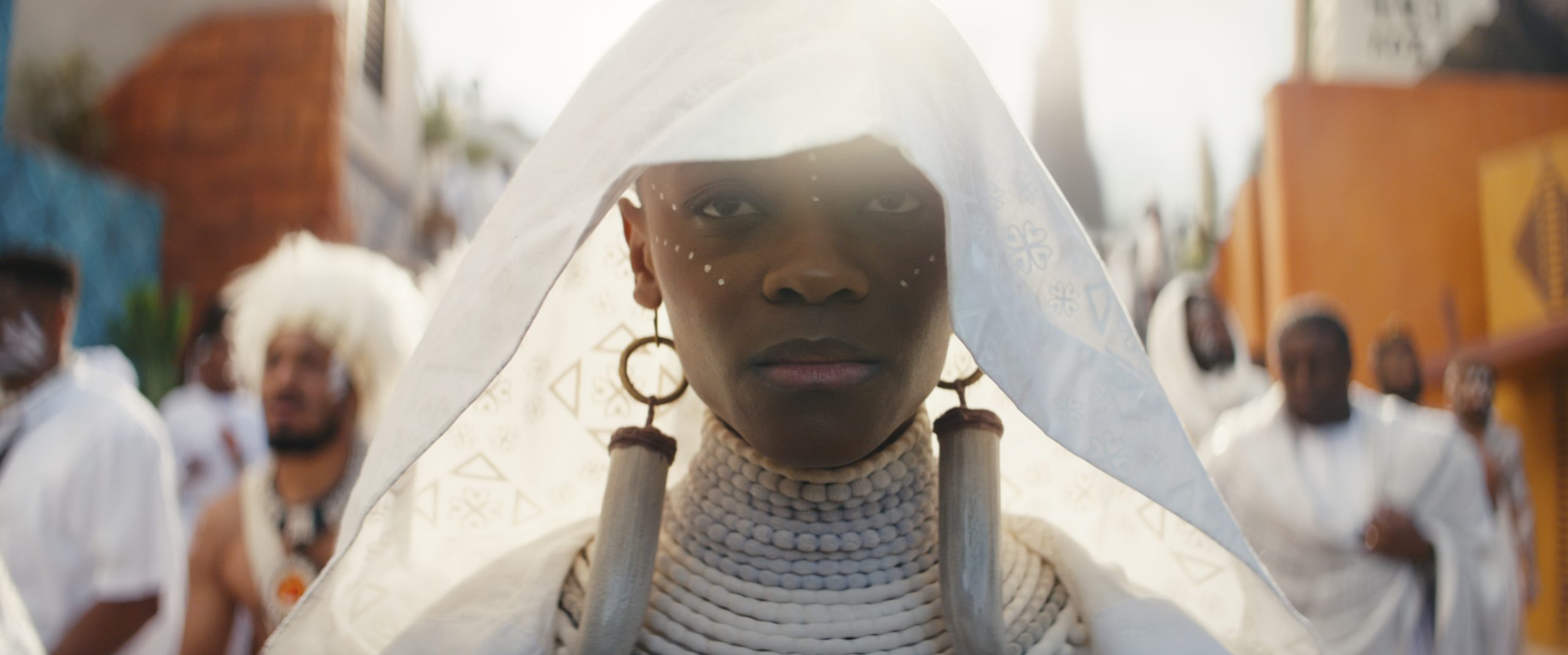
Letitia Wright as Shuri in Marvel Studios’ Black Panther: Wakanda Forever. Photo courtesy of Marvel Studios. © 2022 MARVEL.
At the same time, Black Panther: Wakanda Forever is a movie I liked but failed to love. It’s a flawed piece that is ultimately less than the sum of its parts. Filled with extraordinary performances, shocking twists, extremely cool cameos, and quite engaging scenes, the movie spent so much time mourning its lead actor that it forgot to put together a cohesive narrative. However, I couldn’t be happier that it exists, simply because I know just by watching it that it allowed the filmmakers to share their hearts with the world. And for that reason, I wouldn’t wish they change a thing. It’s such a fine line to walk.
It’s no wonder why Kevin Feige chose to end Phase 4 of the MCU with this movie — whether or not the movies and TV shows released over the past two years have been interconnected or not, have made the universe more expansive or more convoluted, the fact of the matter is that there has been one common theme across most of the movies and series. Grief. And more than any other before it, Wakanda Forever was shaped by grief. It is the feeling that holds it together and ultimately allowed the movie to exist.
We open with Letitia Wright’s Shuri, in a scene that honestly felt too staged and choreographed to pull off the chaos it was meant to give off. Her brother, T’Challa, is very sick and she can’t do anything about it. Before she knows it, he’s gone. Pretty much the entire movie rests on Shuri’s shoulders, as she basically assumed the role she originally had, as well as T’Challa’s, in all likeliness. (I assume many of the Namor-Shuri scenes, including the Talokan visit and the final battle, were meant to be with Boseman’s character.) And this was very unfortunate for Coogler and the Marvel Studios team, as they basically had to shoot around the actress after she was injured and then wouldn’t be able to travel abroad due to her vaccination status. For the most part, they blended it all together seamlessly, though I, knowing the behind-the-scenes complications, did notice that in a few scenes Shuri felt disconnected from everything else going on. But make no mistake, this is no mustache-less Henry Cavill in 2017’s Justice League.
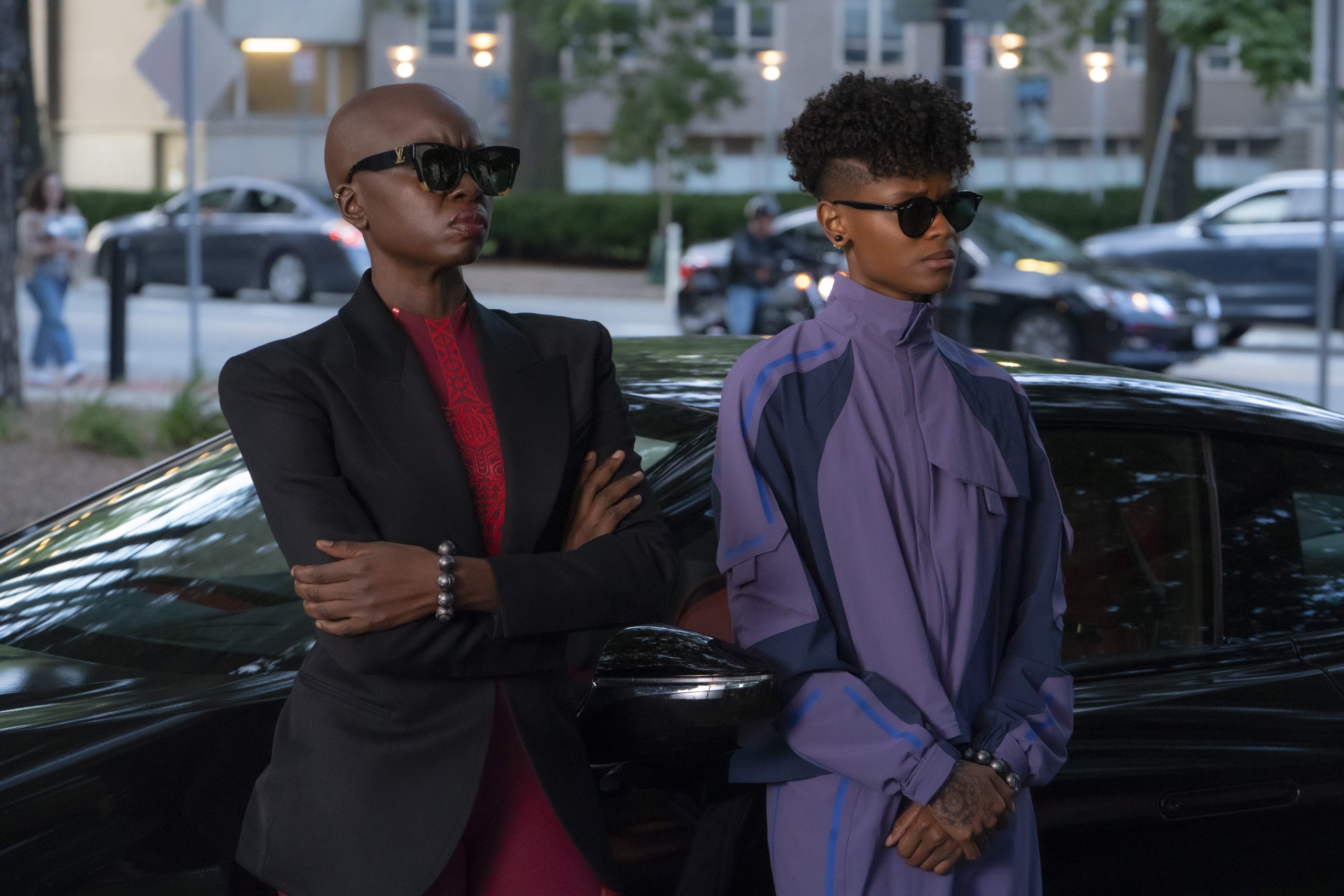
(L-R): Danai Gurira as Okoye and Letitia Wright as Shuri in Marvel Studios’ BLACK PANTHER: WAKANDA FOREVER. Photo by Eli Adé. © 2022 MARVEL.
Shuri, like I bet Coogler did, wants to see the entire world burn after she is left essentially alone in Wakanda. She is so enraged with the world that she almost understands what Namor was talking about, even when it was he who killed her mother. T’Challa’s death was no one’s fault, but part of her still feels responsible for not being able to do more, and the other part blames the world for taking him away from her. I’m sure Coogler felt the same way about Boseman’s passing. So her arc in the movie is a reflection of what the co-writer and director also had to learn — to let go of the pain, and instead of becoming Killmonger, fulfill her brother’s legacy by not killing Namor like he would have done (in fact, I’m sure that’s how the movie was originally going to end, with T’Challa asking for Namor’s surrender).
Let’s talk about Namor for a second. Tenoch Huerta gives it all in the role, and it is a powerful and layered performance. However, I do feel like they barely touched the surface of the character, and that they had to sacrifice a lot of character motivation and world-building to leave room for the film to mourn its missing title hero. Namor is begging the surface to taunt him so he can start a war against them, and goes to Wakanda with the classic strategy of “the enemy of my enemy is my friend”. But plot-wise, the execution is sort of clunky when he wants Wakanda to get him the scientist that designed the vibranium detector. This whole part of the movie was very much eyebrow-raising for me, as in no world the CIA would have assumed control of Riri’s design and not shut her mouth about it. She would have probably been pulled out of school and started working for them. But even then, putting all of that aside, kidnapping or even killing Riri didn’t mean that the U.S. couldn’t manufacture more machines if they had the designs, which Namor had no reason to think they didn’t. So the plot of the first hour is thin at best, but it quickly becomes convoluted with many chess pieces moving at the same time to result in a messy third act.
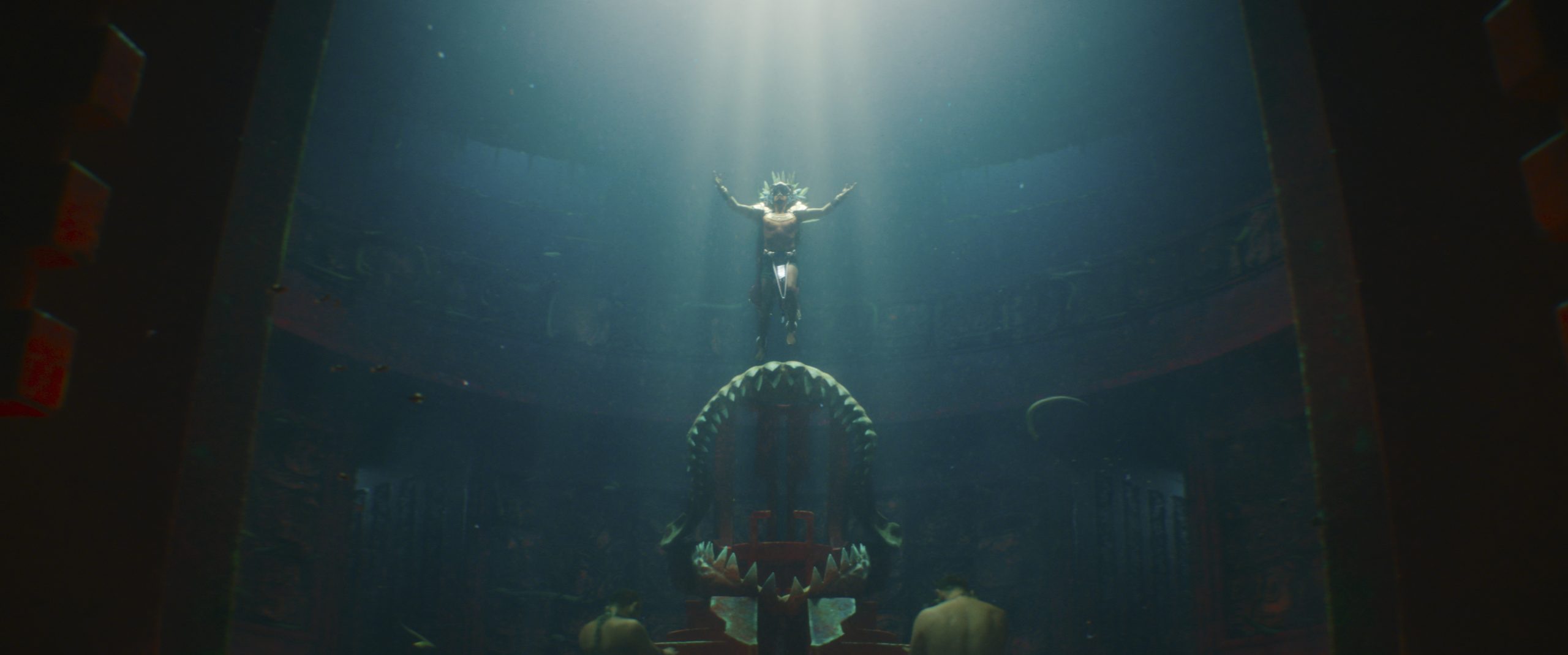
Tenoch Huerta Mejía as Namor in Marvel Studios’ Black Panther: Wakanda Forever. Photo courtesy of Marvel Studios. © 2022 MARVEL.
In the second act, we are introduced to Talokan and get to see Namor’s backstory. We (barely) begin to understand why his people revere him so much, and why he’s so powerful. But the introduction of Talokan felt akin to Wakanda’s in Age of Ultron, like we barely got through the doors. Instead, it should have probably been more like Wakanda’s exploration in the first Black Panther. Namor is constantly saying that he has the largest army in the world, but we barely get to see that. They surely had some abilities that neither Wakanda nor any other militarized country has ever encountered, but after they plug their ears, I don’t think the Wakandians have worse odds at winning the fight against Talokan.
Proof of that is Okoye’s recurring duel against Attuma, which she eventually won after donning her new Midnight Angels suit. But it was not just about the suit, though. Putting it on was the conclusion of her character arc, of finally letting go of strictly adhering to traditions and protocol, and being able to show her true nature. Speaking of her true nature, apparently, she is in a relationship with Aneka, something I didn’t realize until getting back from the theater and reading about it online. I wonder when Marvel will start explicitly showing LGTBQ+ relationships on screen, after dropping dialogue references to them and making winks to the audience for a few years. Phastos’ quick scene in Eternals is, so far, the best we’ve got to my recollection. (Although Ironheart will introduce the first transgender character and actor into the MCU.)
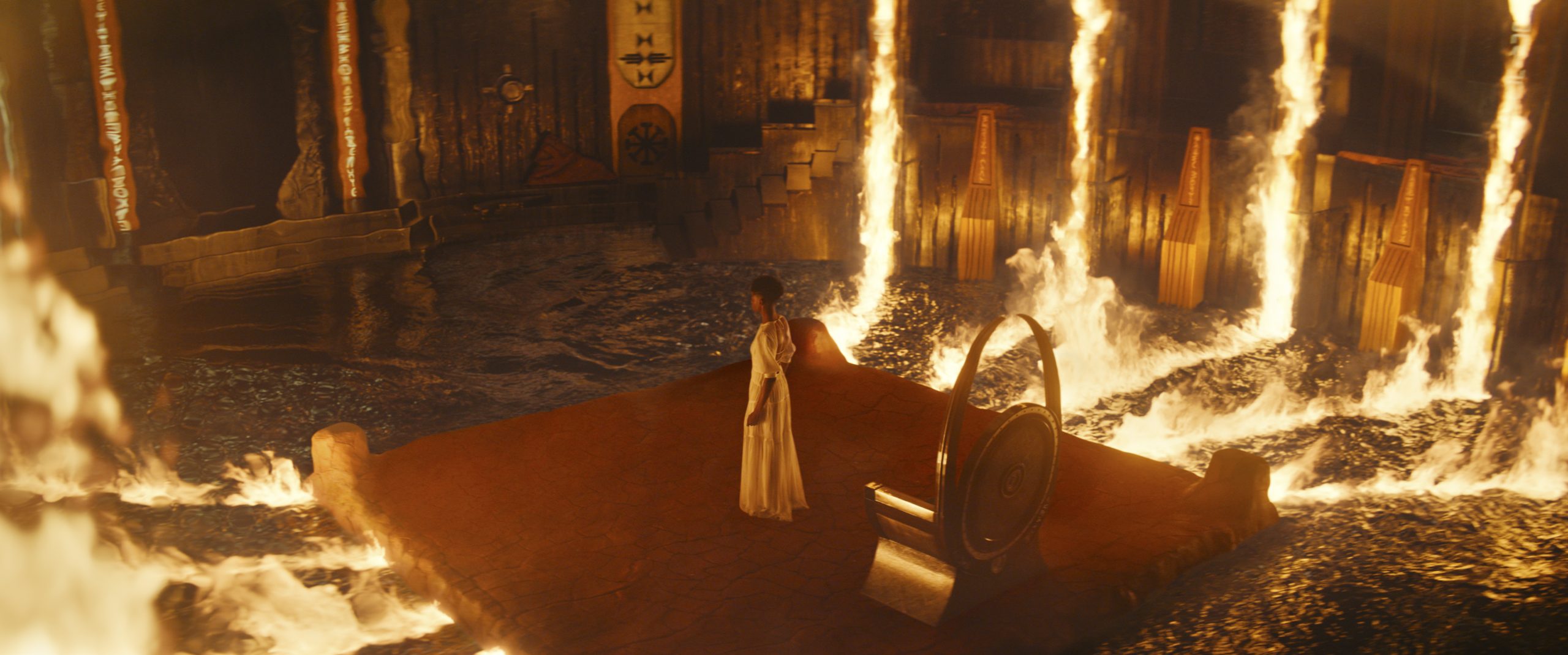
Letitia Wright as Shuri in Marvel Studios’ Black Panther: Wakanda Forever. Photo courtesy of Marvel Studios. © 2022 MARVEL.
Overall, Black Panther: Wakanda Forever felt like a missed opportunity in some regards, but in a justified way. It had some amazing scenes (everything between Riri and Shuri was just fireworks to me), outstanding performances, and well-orchestrated action that never reached the heights of the first film’s Tokyo sequence. The mid-credits scene might be the best Marvel has ever done, and the final moments of the film, where we, along with Shuri, are remembering our King, is one of Marvel’s most emotional endings. I am also glad to see that, for now, it seems like Shuri being the Black Panther will be a one-and-done, and that going forward, M’Baku might even take up that mantle. The ending opens up many possibilities for a third film, as well as the MCU at large, but I don’t think we are seeing another Black Panther movie in a few years. We will definitely meet the characters again in the two upcoming Avengers movies, as well as multiple Disney Plus series.
Long live the King.
Miguel Fernández is a Spanish student that has movies as his second passion in life. His favorite movie of all time is The Lord of the Rings, but he is also a huge Star Wars fan. However, fantasy movies are not his only cup of tea, as authors like Scorsese, Fincher, Kubrick or Hitchcock have been an obsession for him since he started to understand the language of filmmaking. He is that guy who will watch a black and white movie, just because it is in black and white.

